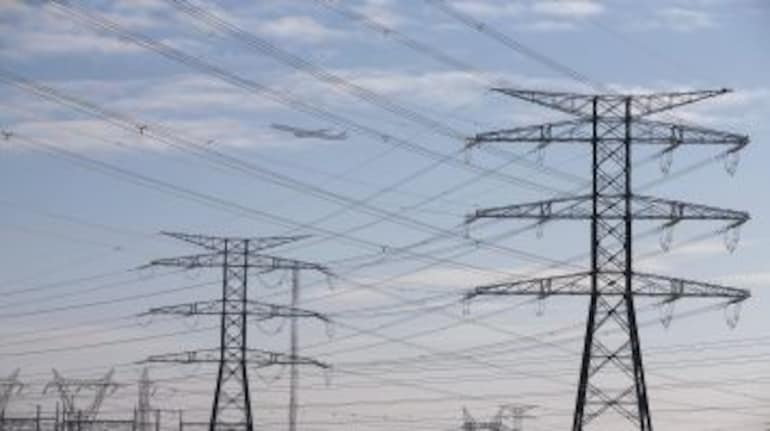



As asset quality remains a concern, Macquarie maintains cautious stance on PSU banks. The brokerage says government-run banks' exposure to power sector have again started to be alarming. Loans to state electricity boards (SEBs) constitute 4 percent of the loan book of PSU banks.
As per RBI, a 30 percent loss on restructured loans of the power sector could erase 25 percent of the bank sector’s profits and 300 basis points (bps) of capital. The central bank has already issued warnings that asset quality of Indian banks is likely to get worse and may remain under stress, mostly for PSU banks, in the first half of the year.
Macquarie points out that SEBs have not hiked tariffs adequately and transmission losses haven’t been brought down significantly, which is increasing the loan burden. Total exposure of banks to infrastructure is around 15 percent of loan book, out of which power constitutes 9 percent (60 percent of infrastructure loans) of the overall loan book. Total power sector exposure of banks and non-banks combined in the system is around Rs 9.6 lakh crore out of which banks have an exposure of Rs 5.6 lakh crore.
"The SEB loans of banks are around Rs 2 lakh crore and these are largely provided by PSU banks. As a percentage of PSU banks’ loan book, these SEB loans are around 4 percent. The SEB loans restructured under financial restructuring plan (FRP) are around Rs 53000 crore, roughly 1 percent of the loan book of PSU banks," Macquarie says in a report.
Analysts are already concerned about April quarter results with huge bad loans staring at balance sheets. "PSUs will likely have a tough quarter operationally with elevated asset quality stress along with pressure on net interest margins on account of base rate cuts and lower treasury profits Q-o-Q," Nomura says in a note.
At the end of 2014, gross bad loans of PSU banks had risen to Rs 2.60 lakh crore while about Rs 95,000 crore of bad loans are of the 30 top defaulters.
According to Fitch, 9.7 percent growth in the loan book of Indian banks was slowest in a decade mostly dragged by risk aversion, weak credit demand, asset quality deterioration and rising capital needs.
Meanwhile, Macquarie is betting on private sector banks which have virtually zero exposure to SEB loans. YES Bank and ICICI are its top picks in the sector.
Discover the latest Business News, Sensex, and Nifty updates. Obtain Personal Finance insights, tax queries, and expert opinions on Moneycontrol or download the Moneycontrol App to stay updated!
Find the best of Al News in one place, specially curated for you every weekend.
Stay on top of the latest tech trends and biggest startup news.